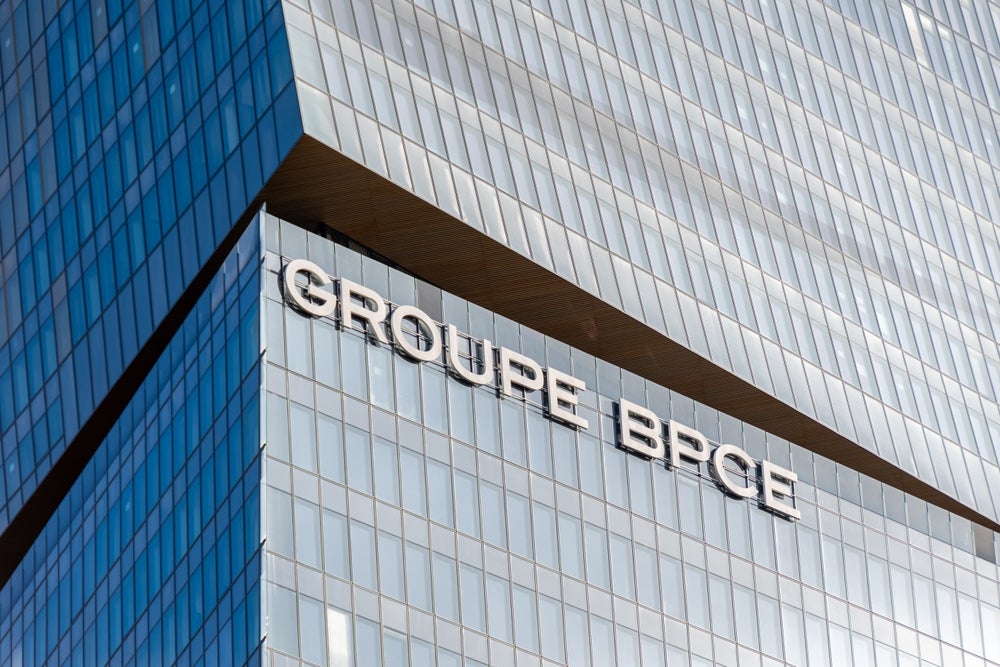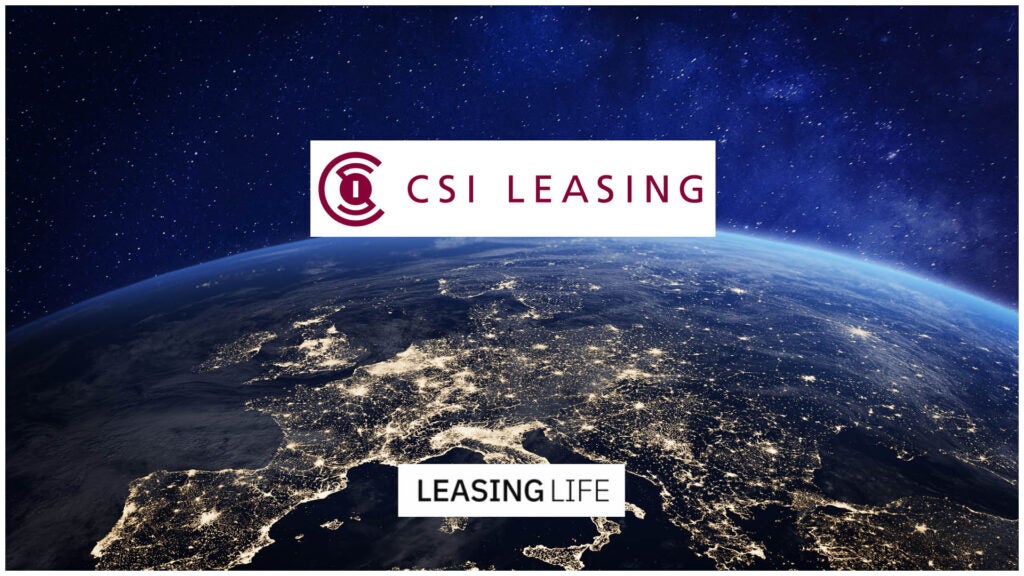
Lease accounting will be brought onto the balance sheet from 1 January 2019 after the International Accounting Standards Board (IASB) issued a new accounting standard, called International Financial Reporting Standard (IFRS) 16.
The IASB explained that the previous 30-year-old off-balance sheet arrangement, IFRS 17, was ‘no longer considered fit for purpose’ and that the old lease accounting standard made it difficult for investors and others to get an accurate picture of a company’s lease assets and liabilities, particularly for the airline, retail and transport sectors.
The IASB has ended the distinction between finance leases (which are reported on the balance sheet) and operating leases (which are disclosed only in the notes to the financial statements), bringing both onto the balance sheet as assets and liabilities.
IASB chairman Hans Hoogervorst said the new accounting standard would end the ‘guesswork’ involved, when ‘calculating company’s often-substantial lease obligations.’
Hoogervorst said: "The new Standard will provide much-needed transparency on companies’ lease assets and liabilities, meaning that off balance sheet lease financing is no longer lurking in the shadows. It will also improve comparability between companies that lease and those that borrow to buy."
The project began in 2006, leaving 30,000 IFRS users, mainly listed companies, waiting for a decision for nearly a decade, although the consultation with the industry has been extensive over that period.
How well do you really know your competitors?
Access the most comprehensive Company Profiles on the market, powered by GlobalData. Save hours of research. Gain competitive edge.

Thank you!
Your download email will arrive shortly
Not ready to buy yet? Download a free sample
We are confident about the unique quality of our Company Profiles. However, we want you to make the most beneficial decision for your business, so we offer a free sample that you can download by submitting the below form
By GlobalDataLeaseurope has been a vocal critic of making the standard too stringent or wide-ranging, thereby putting business investment in European SMEs at risk and conflicting the EU agenda for growth.
It warned in November 2014 that several issues had not been addressed, including a lack of analysis of the effect of the proposals on SMEs, yet the reception today was relatively positive from the European industry’s trade association about the extent it would be used.
Julian Rose, adviser to Leaseurope, said: "The IASB has made clear in the papers published today that its analysis of the costs and benefits of the new Standard has only considered existing IFRS users, who are mainly listed companies. That clarity is welcome. The IASB acknowledges that the costs and benefits for other companies – which include well over 99% of European companies – may be different. This should mean that the new rules will not be used by most European businesses for many years, if at all, helping to ensure that the important benefits of leasing aren’t disrupted."
Simon Goldie, head of asset finance at the Finance & Leasing Association (FLA), said the FLA remained concerned the standard could put an additional burden on lessees and potentially deter some of them from using leases.
Goldie said "The next step in the process is for the new standard to be considered by the relevant European and national adopting authorities. We will continue to make our concerns clear to the European Financial Reporting Advisory Group (EFRAG), the European Commission and Parliament, and the UK Financial Reporting Council."
The IASB went on to say that it had worked in association with the US Financial Accounting Standards Board (FASB) on the development of the new standard.
The FASB is expected to announce its position by the end of Q1, although the IASB said the two Boards are aligned on the central issue of bringing leases onto balance sheets, and on the definition of a lease and how lease liabilities should be measured.
IFRS 16 is effective 1 January 2019, but the IASB said that early application is permitted for companies that also apply IFRS 15 Revenue from Contracts with Customers.







